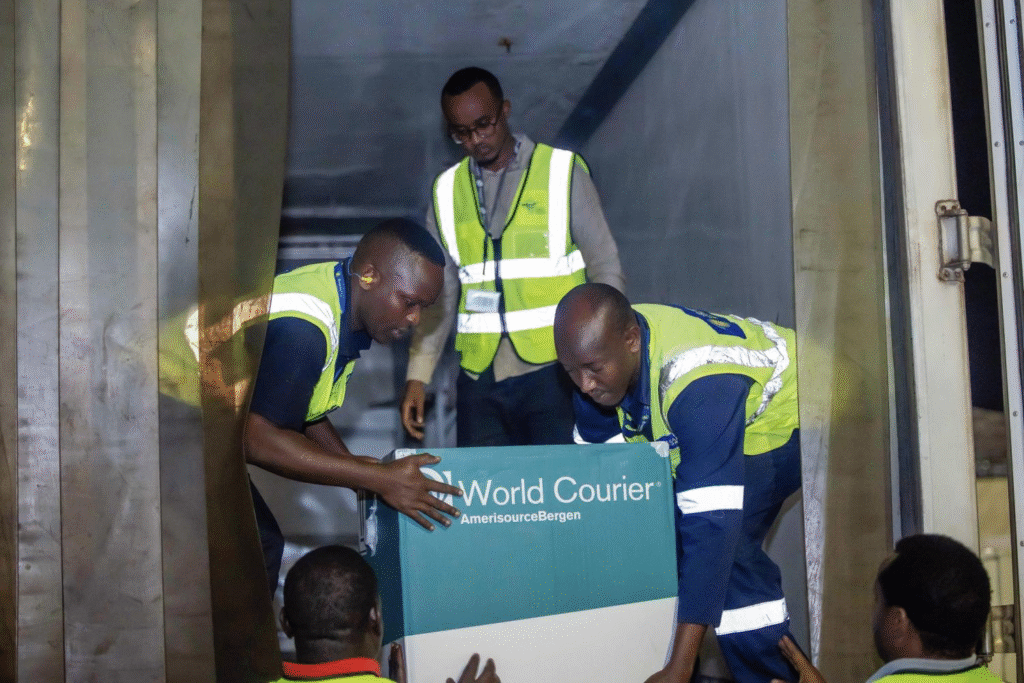
Health authorities in Ethiopia are investigating a deadly suspected outbreak of viral haemorrhagic fever that has claimed six lives, including two frontline health workers prompting an urgent intervention from the World Health Organization (WHO).
The cases were first detected in Jinka, a town in South Omo Zone in the country’s southern region. Officials have so far recorded eight suspected infections, with patients presenting symptoms consistent with viral haemorrhagic fevers, high fever, fatigue and in some cases bleeding.
Two health professionals a doctor and a nurse died after treating patients, underscoring the severity of the outbreak and the risks faced by medical personnel.
The WHO regional office has dispatched an emergency team of 11 experts, including epidemiologists, laboratory specialists and infection prevention officers, to support Ethiopia’s investigation and response. The organisation has also released US$300,000 from its Contingency Fund for Emergencies to bolster rapid action.
Critical supplies including personal protective equipment (PPE), infection control materials and a deployable isolation tent have been delivered to help local health facilities manage suspected cases safely.
According to WHO Africa, samples from the suspected patients have been sent to the Ethiopia Public Health Institute for confirmatory testing to identify the specific virus involved.
The Africa Centres for Disease Control and Prevention (Africa CDC) has placed neighbouring countries on alert due to the outbreak’s proximity to the South Sudan border, warning that weakened cross border health systems could complicate containment efforts.
The agency said it is working closely with Ethiopia to strengthen surveillance, contact-tracing, risk communication and community monitoring.
Authorities have advised residents in affected areas to report symptoms early, avoid contact with suspected cases, and follow official guidance as investigations continue.
Viral haemorrhagic fevers such as Marburg, Ebola, Lassa fever and Crimean Congo haemorrhagic fever, are highly infectious and potentially fatal, requiring strict infection control measures for both patients and medical teams.
Health officials say community engagement will be critical, especially in remote areas where health seeking behaviours may be slow and rumours can spread quickly.
Ethiopia’s Ministry of Health has established emergency coordination structures, deployed rapid response teams, and begun contact tracing in villages linked to the initial cases. Additional laboratories have been placed on standby should sample volumes increase.